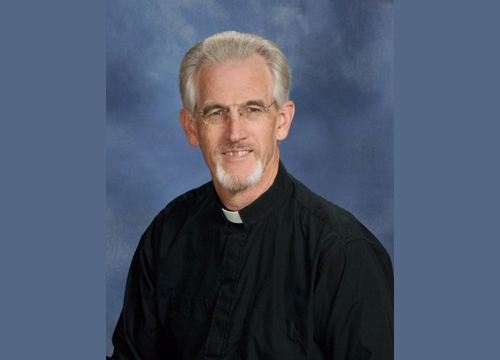Twenty-Eighth Sunday Ordinary Time, Cycle B Wis 7:7-11; Ps 90:12-17; Heb 4:12-13; Mk 10:17-30
We all have to make decisions. They can be easy or difficult, important life-changing decisions or simple everyday ones. Sometimes choosing one thing means we have to exclude another, like the rich man’s decision in this week’s Gospel.
Sometimes we may want to change a decision because we don’t like the outcome or we realize what we gave up was actually more important. However, sometimes a decision we make is final and can’t be changed.
The presumption made by most commentators and Scripture scholars is that since the rich man in the Gospel went away sad, he didn’t or couldn‘t sell his possessions and follow Jesus. What about the possibility that he had a change of heart? What might have led him to change his mind?
Throughout the Old Testament there are numerous citations that speak about the law to help the poor and to take care of the orphans and widows. It would have been unheard of in Jewish custom to sell everything you had and give all the money to the poor. Doing so would make a person poor and de- pendent on others.
There are also places in the Old Testament where people pray for an increase of wealth. The psalm asks God to prosper the work of our hands. So, the statement Jesus makes to the rich man was probably surprising to him and the disciples.
The rich man was schooled in the Torah and knew the law and customs. The commentary in the Jewish Annotated New Testament (p 91), says that the commandments Jesus cites are from Exodus, the second half of the Decalogue, which is about our relationship with others.
If the rich man knew the commandments, studied them and kept them from his youth, he would also know the first half of the Decalogue, which is about our relationship with Yahweh. He would also have the wisdom we hear about in the first reading and come to the realization that his possessions had become more important than his relationship with Yahweh and that Jesus was trying to make a point.
Although he was initially disheartened by Jesus’ response, using this wisdom and knowledge, he might have changed his mind.
We all encounter things which interfere with following Jesus, much like the rich man in the Gospel. They could be money or possessions, our career or one of many vices.
How will we know which way to go? It is not the wisdom of the mind that will help guide us. It is the wisdom we hear about in the Book of Wisdom and the psalm. It is the “wisdom of the heart” that will guide us and teach us what is right.
Jesus knows our life of discipleship will be hard work, especially if things take our attention and focus away from it. Maybe he knew the rich man was too focused on riches and possessions, and that is why he told him to sell everything. Maybe we are too focused on possessions and wealth and need to follow Jesus’ advice and rid ourselves of those things that interfere with our following Jesus.
What things interfere with our life of discipleship? We need to know so we can divest ourselves of them in order to follow Jesus more closely.

